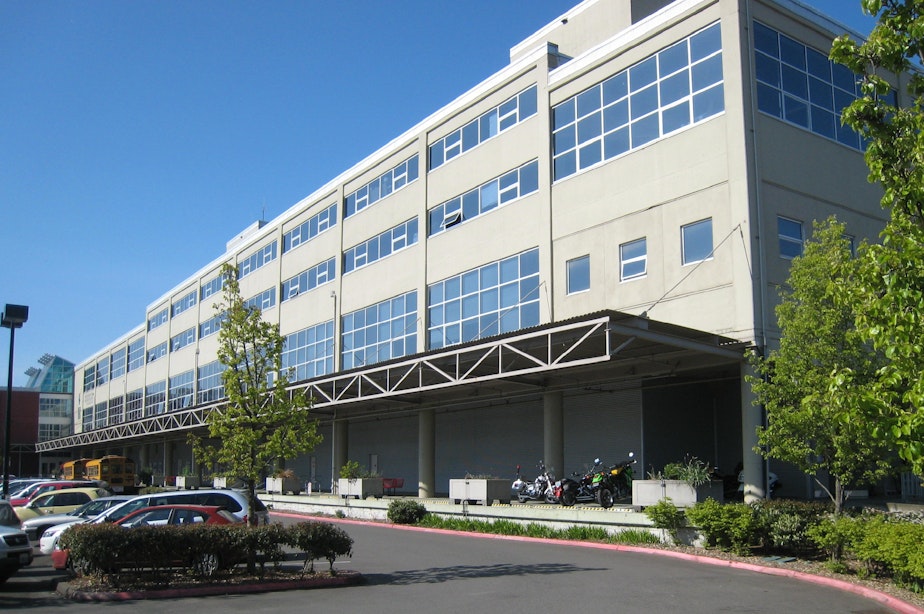Seattle Teachers’ Union, District Still Far Apart In Contract Talks

Tension is building during contract talks between Seattle School District and its teachers’ union.
The two sides need to agree on a new, three-year contract before school begins in less than a month.
Seattle Education Association President Jonathan Knapp says while there's been progress on smaller issues over the past week, large issues remain unresolved.
For Ballard High School science teacher and building union representative Noam Gundle, those big issues include smaller class sizes, especially for special education students.
What the district is offering in negotiations are larger class sizes: two more students per class in grades four and higher, or an average of 32 students in most grades.
District officials insist that bigger classes are a temporary solution to school capacity issues until new classrooms can be built. But the union says there are better alternatives. "Anybody who knows anything about education knows that more teacher attention means better progress for students, more support," Gundle said.
Seattle teachers, meanwhile, need more financial support, Gundle said. They haven’t gotten cost-of-living adjustments in four years.
"Right now, Seattle is in a very non-competitive position with regards to recruiting the best teachers that we can, and keeping them in the district," Gundle said. "Because when we’re treated like second-class citizens, people don’t want to work here. And there’s no reason why they should."
Teachers' unions in nearby districts have recently negotiated raises for their members.
Seattle Public Schools spokeswoman Teresa Wippel acknowledges that higher pay needs to be on the table. "You know, [we’re] committed to making sure that we’ve got fair and equitable compensation for all of our teachers so we can attract and retain the best," Wippel said.
One way the district proposes raising teacher pay is by building its promotion system for teachers with excellent evaluations, a system which started in 2010 with the current contract. "We want to expand and continue the work that we’ve done with our career ladders for teachers, basically giving them the recognition and rewards for being outstanding teachers," Wippel said.
Three years ago, the most contentious issue in contract negotiations was whether to use student test scores in the new teacher evaluation process. Now state law requires some changes to the way Seattle evaluates teachers, including using so-called student growth scores as part of all evaluations – not just for reading and math teachers as it stands now.
Many teachers don’t want student growth to be measured by tests like the the district-wide Measures of Academic Progress (MAP), which teachers at several schools boycotted this year.
The ultimate measure of the bargaining progress, meanwhile, will be school starting on time, four weeks from Wednesday.

